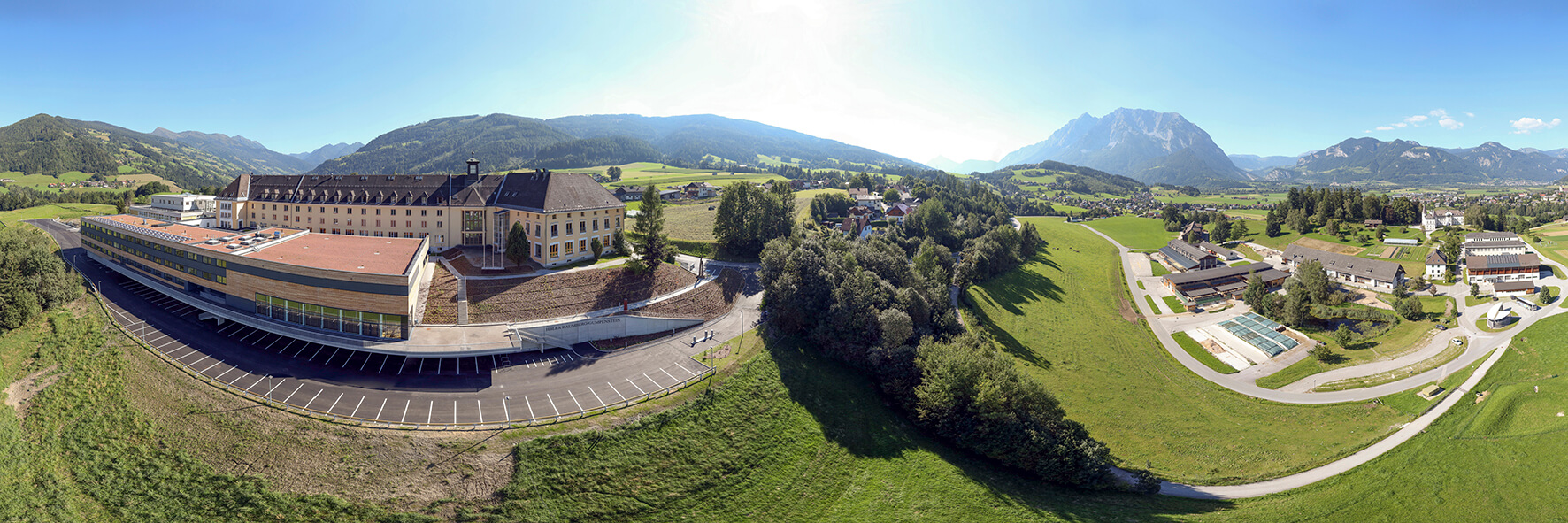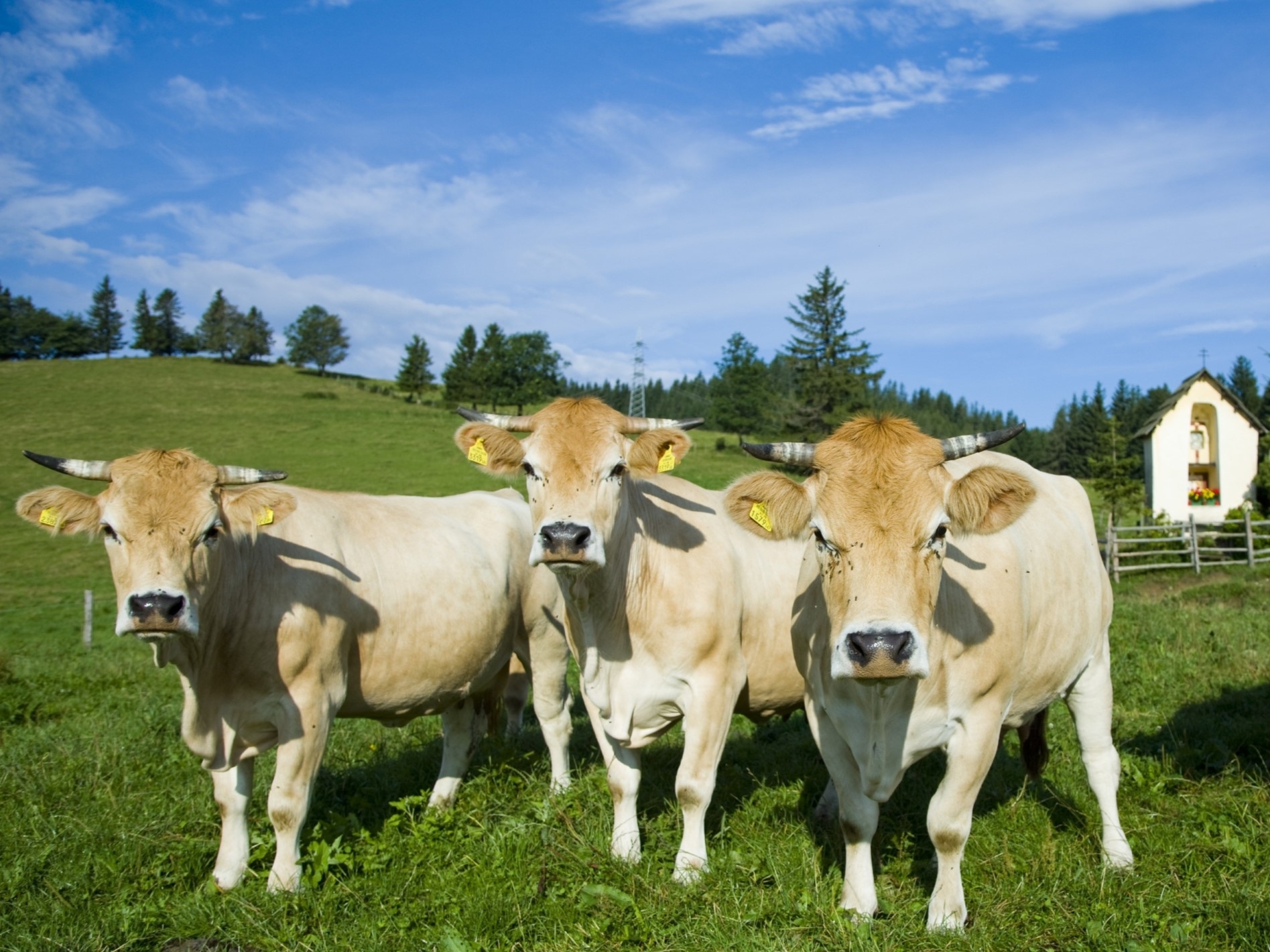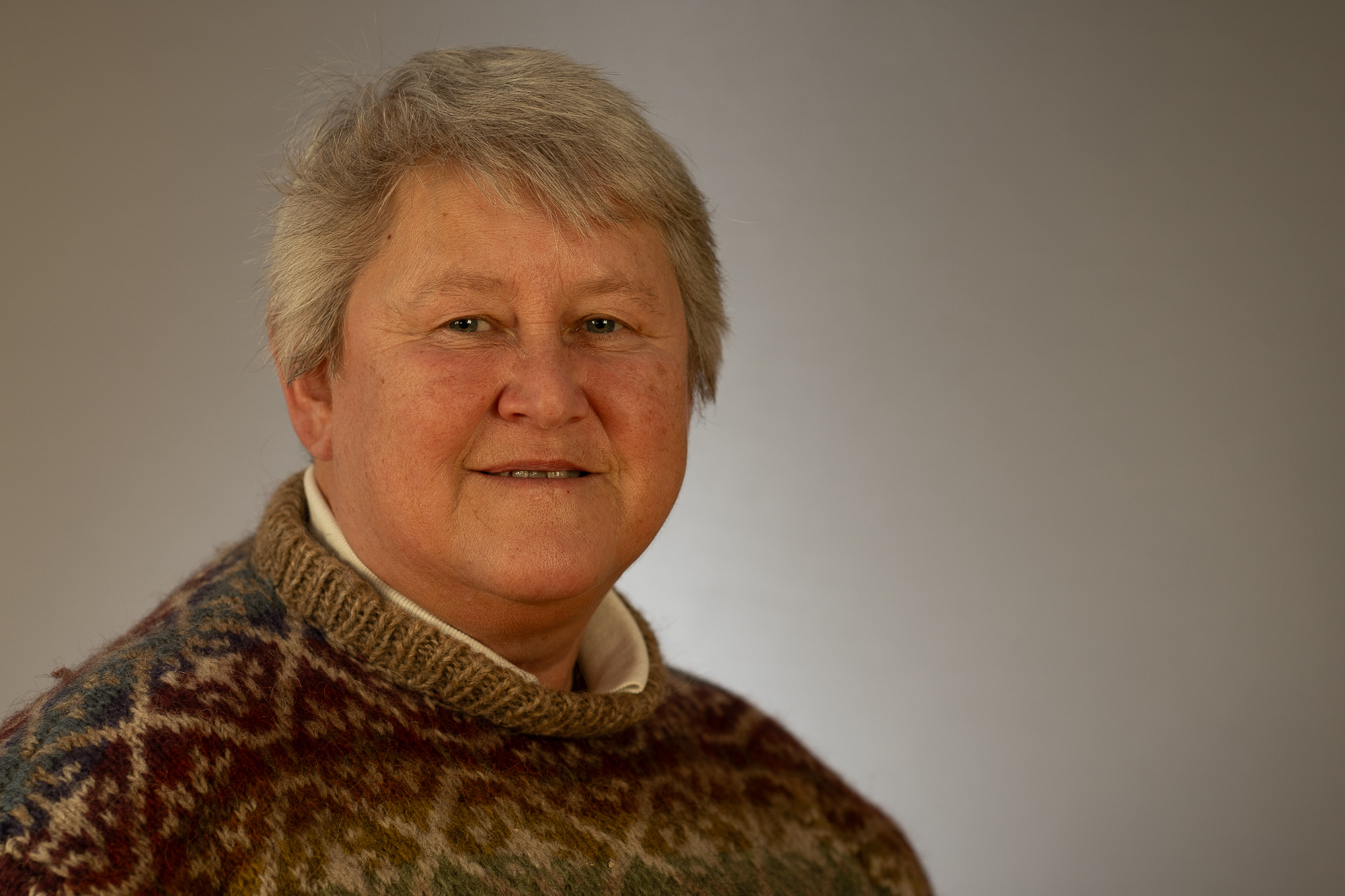What our gene pool can do for farm animals
The diversity of our farm animals is in danger worldwide! As animal production intensifies, specialized high-performance breeds are increasingly being bred that produce more milk, meat or eggs. The sharp selection for performance has pushed the old, robust, versatile breeds into the background and in some cases to the brink of extinction.
A gene pool that is as diverse as possible is also an advantage for farm animals. The ability to adapt to heat or cold, changing feed bases or changing production and market requirements is much better developed in less specialized landraces than in high-performance animals. These breeds can also be valuable as a genetic reserve for cross-breeding Last but not least, the historically developed racial diversity of farm animals represents a valuable cultural asset .
Austria is aware of its responsibility for the biodiversity of farm animals. Successful conservation programs for endangered livestock breeds have been carried out for more than 40 years. These programs have been funded since 1995 as part of the ÖPUL agri-environmental program. The Austrian Society for Gene Conservation (ÖNGENE) , an organization that includes all Austrian organizations involved in animal breeding, serves as an advisory body for the Ministry of Agriculture (BML).
ÖNGENE develops the scientific principles with the HBLFA Raumberg-Gumpenstein and thus coordinates and monitors maintenance breeding. The committed breeders, in collaboration with the responsible breeding organizations, the Austrian gene bank for farm animals and the Arche Austria association, have succeeded in sustainably stabilizing the populations: some breeds that almost disappeared 40 years ago were even able to be rebuilt to the point of successful market participation.
Just listen or watch:
In conversation with Dr. Andreas Steinwidder tells qualified veterinarian Berger Beate about the potential of endangered livestock breeds and the efforts to preserve these valuable gene reserve animals.









